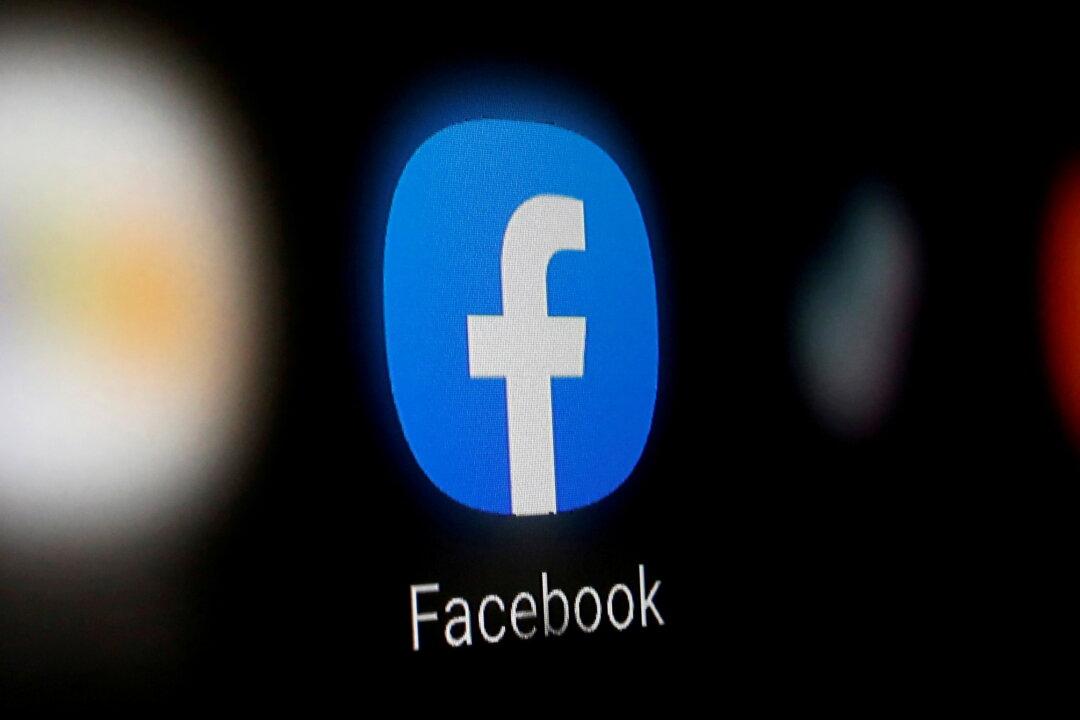The Federal Trade Commission (FTC) has filed an amended complaint in its ongoing antitrust case against Facebook, accusing the social media giant of illegally buying up innovative competitors and crushing partner app developers in a bid to “moat its monopoly.”
The FTC filed its revised complaint (pdf) on Aug. 19 in the U.S. District Court for the District of Columbia, following the court’s June 28 ruling that dismissed the FTC’s initial complaint on grounds of insufficient evidence or explanation for how the agency determined Facebook controls more than 60 percent of the social media networking market. After the judge tossed the case in June, the FTC requested—and was granted—an extension to refile its lawsuit.





